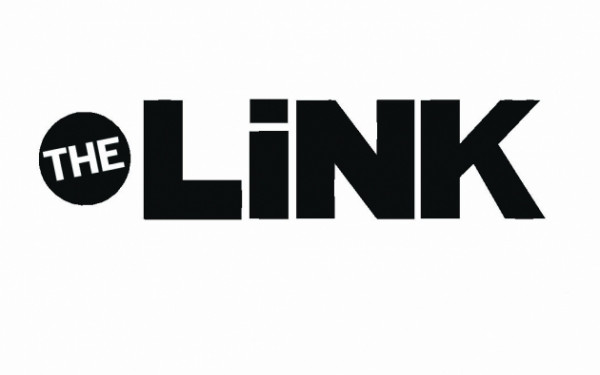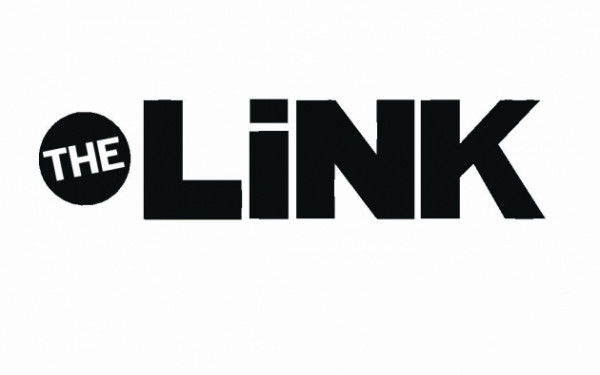Editorial: CSU Needed a Conflict of Interest Policy Yesterday
Two CSU Candidates With Potential Conflicts Exposes The Union’s Weak Points
With the Concordia Student Union’s election coming up, it’s come to our attention that there is a lack of understanding as to what constitutes a conflict of interest.
Daniel Jolicoeur is running for student life coordinator with the ACT slate, but he also works as a senior agent with the Alliance pour la santé étudiante au Québec—the insurance company that provides health and dental plans to undergraduate students through the CSU.
In light of this, CEO of the election Nicholas Roberts told The Link an investigation is underway, but it has remained unclear what that entails.
Jolicoeur has since said that if elected to the CSU, he would quit his job at ASEQ. But what’s concerning is that there was no mechanism to vet potential conflicts of interest in the first place, and that this information was only brought to the attention of the CEO after Jolicoeur’s candidacy was already announced. To understand why this is an issue, it’s worthwhile to remember what happened within the CSU earlier this fall.
Over the summer, two CSU executives went to a Student Union Development Summit in British Columbia paid for by the CEO of ASEQ, Lev Bukhman. The two were later bombarded with accusations of accepting gifts and of engaging in a conflict of interest after they returned for the semester in the fall.
The two executives who went on the trip were former Finance Coordinator Soulaymane El Alaoui and Omar Riaz, this year’s general coordinator. The former has since quit, but the latter is pushing for another run in the same position, and is running on a campaign promise to work on the CSU’s health insurance plan.
With all this, it’s also come to our attention that the CSU lacks a conflict of interest policy, even after years of boasting about its progressive politics. There’s little recourse for the institution to address perceived conflicts as they come up. Right now it seems they’re just making things up as they go, forming new committees to address their immediate needs. But that means the union’s response to conflicts of interest will vary based on how a given year’s council decides to deal with the situation.
There’s no excuse for this. The undergraduate student associations of Ryerson, McGill, University of Toronto, and University of British Columbia have robust conflict of interest policies. Representing 35,000 undergraduate students, the CSU should have one too.
This year has shown that the potential for conflicts of interest is everywhere, and the onus is on the individual to disclose it; as Jolicoeur had during the executive candidates debate on Thursday. But the onus should also be on the institution, to help their members stay away from partaking in ill-advised behaviour.
As journalists, we know this well, and we actively do our best to those conflicts. That’s why The Link has a conflict of interest policy. It’s time the CSU gets one too.






_600_375_90_s_c1.jpg)
2_600_375_90_s_c1.jpg)